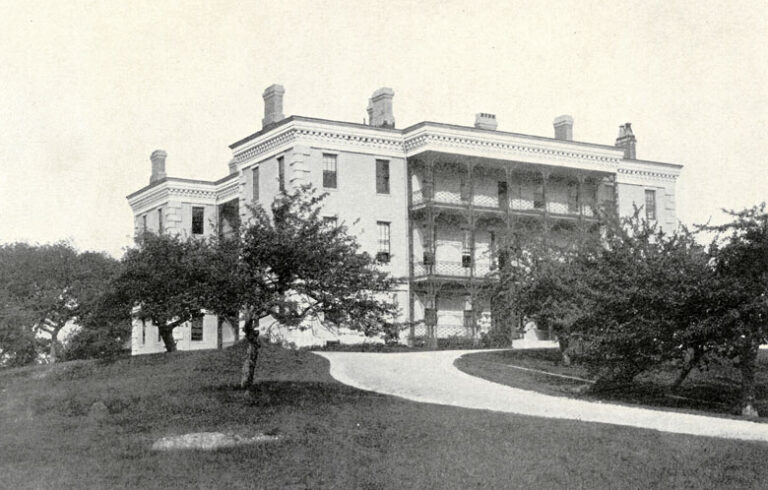As COVID-19 spread around the world, it found its way into every nook and cranny of society, and into the very fabric of Maine. And tourism—welcoming visitors from out of state, and encouraging our residents to enjoy all we have to offer—was impacted in unprecedented ways.
Over the next few months many restaurants closed, with take-out, curbside, and delivery the only option available for the rest. HospitalityMaine worked diligently with other groups and state government to institute new restaurant ideas, such as takeout beer and wine, followed by growlers for takeout and cocktails to go. It was a true private-public partnership that we will always be proud of.
Next came the shuttering of hotels on April 5, with only essential workers allowed as guests until May 31. While many seasonal hotels did not even open, for year-round properties, it was two months of some to no business and financial crises were born.
Amidst all of this angst, HospitalityMaine worked closely with Sen. Susan Collins and her staff on the details of the Paycheck Protection Program (PPP), that so many of our small hospitality businesses accessed, both along the coast and in the state’s interior. Fortunately, this program still has $130 billion in funds.
The deadline to apply has been extended and efforts are being made to help afflicted businesses access a second round of financial assistance from PPP, with additional legislation.
But more help is needed for the tourism sector, which, in a normal year in the state’s eight coastal counties, accounts for more than $1.2 billion in taxable lodging and restaurant sales.
The Maine Hospitality and Tourism Alliance, with HospitalityMaine as a charter member, has proposed to state government a recovery fund of $800 million to help stem the losses in the tourism, hospitality, and retail industries.
As it became time to think about reopening Maine’s economy, HospitalityMaine stepped up, in the person of Steve Hewins, to help craft the checklists that would allow the restaurant and lodging industry to open and to increase the gathering size from ten to 50 individuals. While we were busy working on providing this information to the agency in charge, the Department of Economic and Community Development, we enlisted the help of the Maine Community College system to create curriculum to train hospitality workers and owners in the art of providing COVID-19-safe meals and accommodations. Each trained employee receives a micro-credential or badge from Eastern Maine Community College and a certificate from HospitalityMaine.
Through February of this year, Maine’s hospitality industry was up 12 percent and on pace to achieve our 11th straight record year. Restaurant closures and people limiting travel resulted in a reduction in taxable sales at restaurants of 35 percent and hotels of 46 percent for the month of March.
In April, the numbers showed restaurants down 58 percent and hotels down 80 percent. May and June taxable sales numbers have not been released by Maine Revenue Services but more of the same is expected.
The hospitality industry contributes $350 million a year to the general fund. This year it could be half that amount. HospitalityMaine commissioned a study by the University of Maine that projects the industry to lose $2.4 billion in revenue and over 30,000 jobs in 2020 alone.
It will be years before the industry makes a full recovery.
Greg Dugal is director of government affairs for Hospitality Maine.





